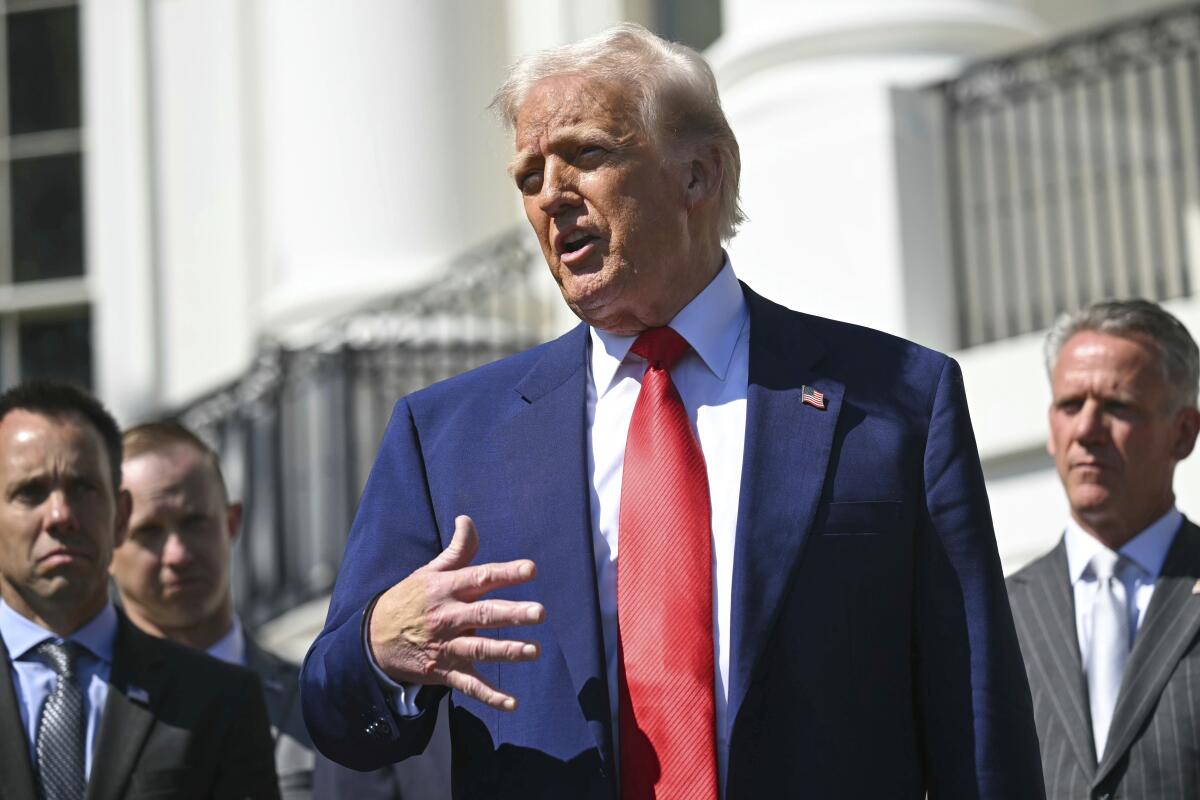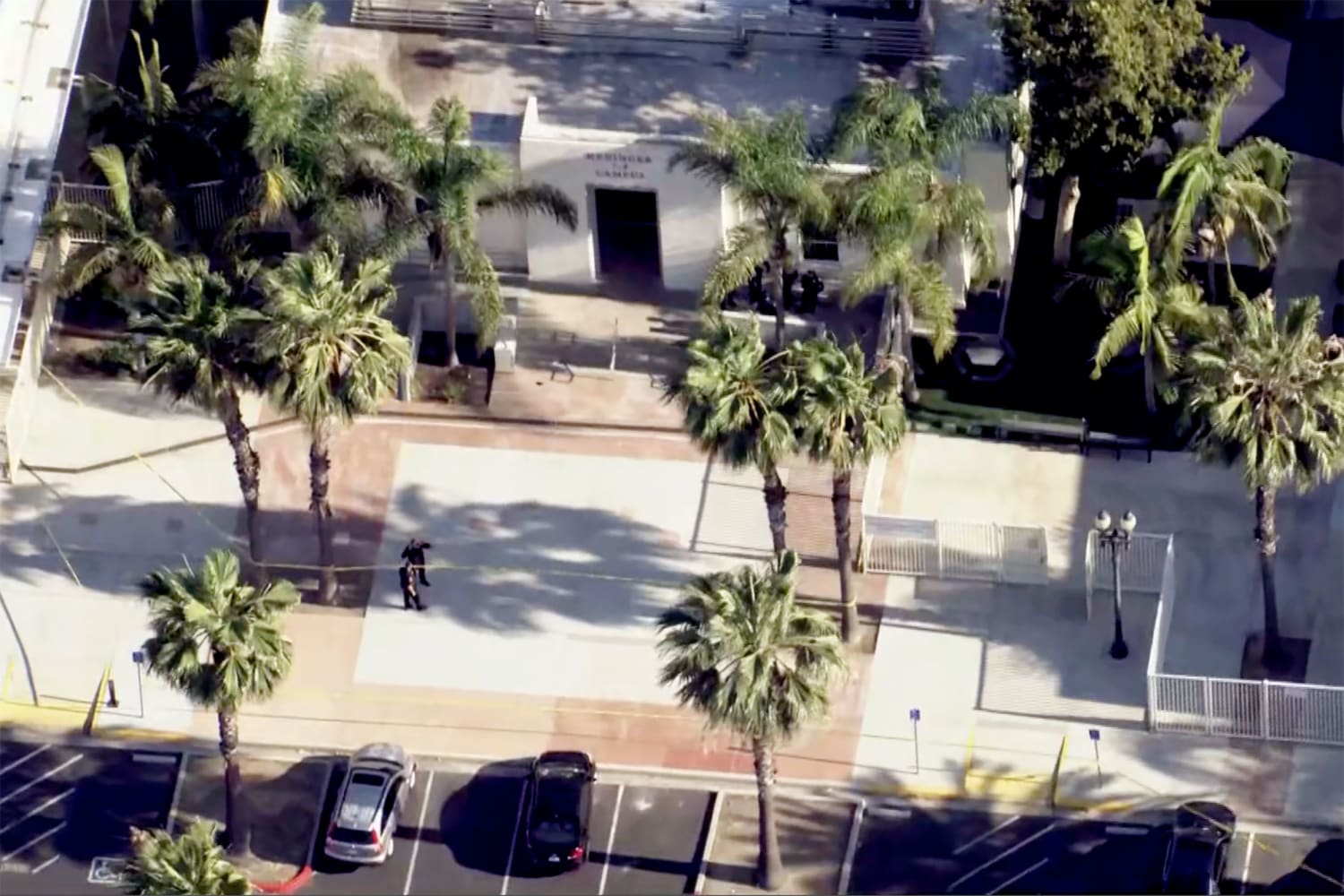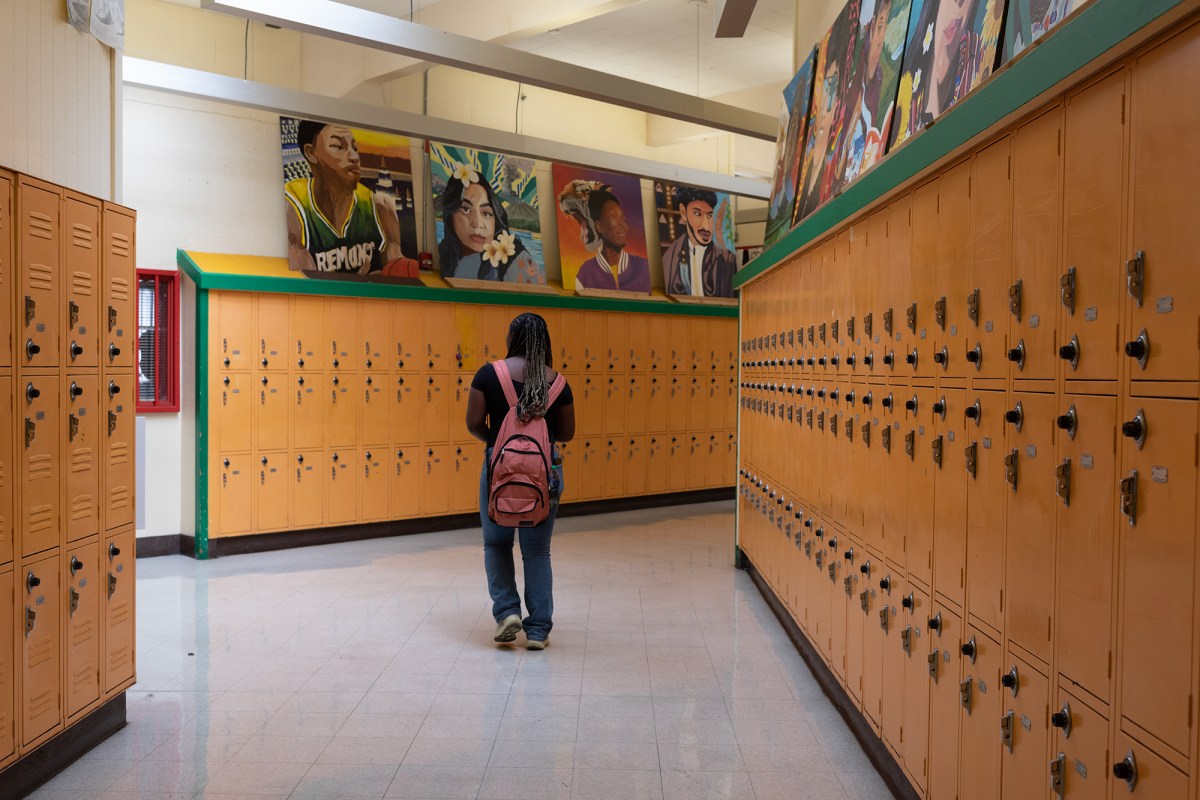Executive Summary
- The February California Bar Exam experienced widespread technical issues, including platform crashes and glitches, impacting test takers.
- The State Bar used AI to generate exam questions without transparency, raising concerns about fairness and validity.
- Resulting from the chaos, the State Bar is facing lawsuits, reverting to the traditional exam format, and seeing its executive director step down.
Event Overview
The State Bar of California's February bar exam rollout was plagued with problems, leading to significant controversy. The exam, administered using a new hybrid format and testing software from Meazure Learning, experienced technical glitches, including platform crashes, screen lags, and difficulties in saving essays. Further complicating matters, the State Bar admitted to using AI to generate some multiple-choice questions, raising concerns about the exam's fairness and validity. The situation has resulted in lawsuits against the vendor, calls for an audit, leadership changes, and a reversion to the traditional exam format.
Media Coverage Comparison
| Source | Key Angle / Focus | Unique Details Mentioned | Tone |
|---|---|---|---|
| Los Angeles Times | Financial and systemic failures of the bar exam rollout. | Detailed financial costs including $3 million for free exams, $2 million for in-person sites, $620,000 for reverting to the old format. Mentions the use of AI and lack of lawyer oversight in drafting questions. | Critical and investigative. |
| CalMatters | Contextualizing the bar exam failure within a broader pattern of California's tech-related bureaucratic failures. | Executive Director Leah T. Wilson's apology. Includes examples of other failed state tech projects like FI$Cal and the court system's case management system. | Analytical and critical. |
| KCRA Three News | The experiences of test takers and the legislative response to the exam issues. | Interview with test takers Steven and Tiffany Zendejas. Mentions Senate Bill 47 calling for an audit of the February bar exam. | Empathetic and informative. |
Key Details & Data Points
- What: The State Bar of California's February bar exam was plagued by technical glitches, the use of AI in generating questions, and a controversial lowering of the passing score, leading to lawsuits and leadership changes.
- Who: Key individuals include Leah T. Wilson (Executive Director of the State Bar), Sen. Thomas J. Umberg (Chair of the Senate Judiciary Committee), Alex Chan (Chair of the State Bar’s Committee of Bar Examiners), Donna S. Hershkowitz (State Bar’s chief of admissions), and test takers like Steven and Tiffany Zendejas. Organizations involved are the State Bar of California, Meazure Learning, and the California State Auditor.
- When: The controversial exam was administered in February 2025. The lawsuit against Meazure Learning was filed in May 2025. Leah T. Wilson is stepping down in July 2025. The pass rate announcement and lawsuit occurred on the same day. The independent review of the exam was approved after the February test takers, law school deans and leaders of the State Bar gave their testimony.
- Where: The events occurred in California, impacting test takers across the state. The lawsuit was filed in Los Angeles Superior Court.
Key Statistics:
- Key statistic 1: 55.9% (Pass rate for the February 2025 exam, the highest since 1965)
- Key statistic 2: 33.9% (Pass rate for the February 2024 exam)
- Key statistic 3: $5.6 million (Estimated additional cost due to the botched exam rollout)
Analysis & Context
The California Bar Exam fiasco reveals significant shortcomings in the State Bar's approach to modernizing its exam process. The decision to use a new hybrid format and AI-generated questions, while aiming to save costs, backfired spectacularly, causing emotional and financial distress to test takers. The lack of transparency regarding the use of AI further eroded trust in the fairness of the exam. The high pass rate, achieved by lowering the passing score, raises questions about the integrity of the grading process and whether the exam truly reflects competence to practice law. The situation underscores the need for careful planning, rigorous testing, and open communication when implementing significant changes to professional licensing processes. The lawsuit against Meazure Learning indicates an attempt to recoup losses and assign blame, but critics argue that the State Bar leadership bears responsibility for the debacle.
Notable Quotes
This was just not a technical failure. It was a systemic failure, a breakdown in the integrity, accessibility and fairness of one of the most important professional milestones in the legal profession. I urge this committee to consider what it means when a test intended to uphold justice fails to deliver it to its own applicants.
Despite our best intentions, the experiences of applicants for the February Bar Exam simply were unacceptable, and I fully recognize the frustration and stress this experience caused. While there are no words to assuage those emotions, I do sincerely apologize.
I'm disappointed because I feel like I wasn't given a fair shot.
Conclusion
The California Bar Exam controversy has not only inflicted financial and reputational damage on the State Bar but has also triggered a series of investigations and legal actions that could reshape its future. The decision to revert to the traditional exam format and the departure of the executive director signal an attempt to regain stability, but the long-term consequences for the perception of the California bar and the legal profession remain uncertain. The upcoming audit mandated by the legislature and the lawsuit against Meazure Learning, alleging fraud, breach of contract, and negligent misrepresentation, are expected to uncover further details about the failures and accountability. The high pass rate on the February 2025 exam, influenced by a lowered passing score and scoring adjustments, has sparked debate about the standards for entering the legal profession in California. Moreover, the revelation that AI was used to draft some multiple-choice questions, along with concerns about conflicts of interest in exam validation and the recycling of questions, has further eroded public trust. The California Supreme Court has ordered the State Bar to revert to the National Conference of Bar Examiners' (NCBE) Multistate Bar Examination (MBE) for the July 2025 administration. This series of events highlights deep-seated issues within the State Bar, prompting calls for greater transparency, accountability, and a reevaluation of the exam's purpose in ensuring competent legal professionals.
Disclaimer: This article was generated by an AI system that synthesizes information from multiple news sources. While efforts are made to ensure accuracy and objectivity, reporting nuances, potential biases, or errors from original sources may be reflected. The information presented here is for informational purposes and should be verified with primary sources, especially for critical decisions.









